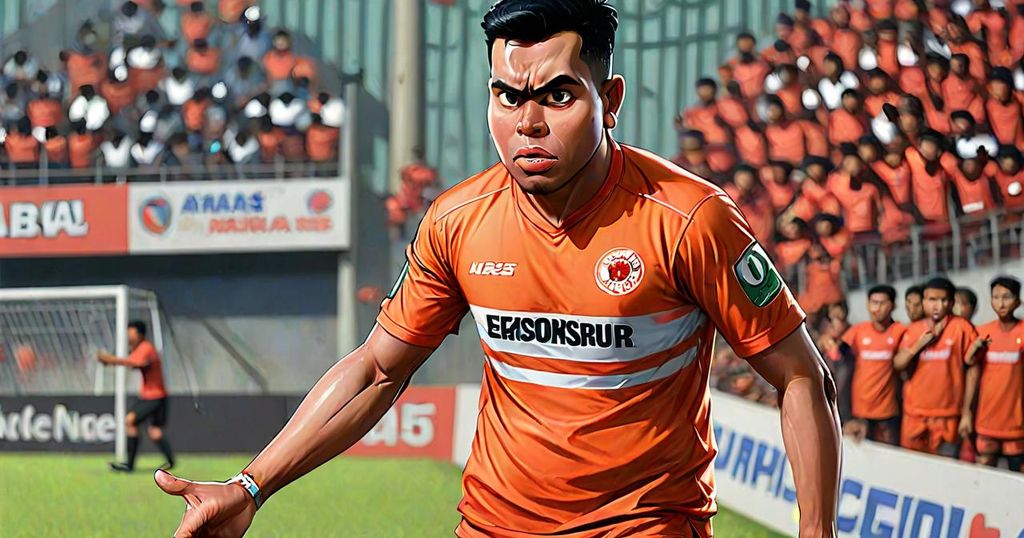The recent ruling by FIFA’s Dispute Resolution Chamber has mandated Persija Jakarta to settle the sum of 20.7 billion Rupiahs to former striker Marko Simic in a dispute over unpaid wages. This decision follows a complaint filed by the Croatian forward against the club, alleging non-payment of his salary during the COVID-19 pandemic from May 2020 to April 2022.
Simic, who achieved noteworthy success with Persija Jakarta, scoring 73 goals in 111 games and contributing to the team’s victory in the 2018 Liga 1 Indonesia title, left the club under strained circumstances at the conclusion of the previous season. His departure was overshadowed by claims of unpaid wages and a strained relationship with the club’s management, leading to his absence from the latter part of the 2021/22 season.
Subsequent to leaving Persija Jakarta, the 35-year-old striker briefly joined Serbian top-flight club FK Radnicki 1923 before bringing his case to FIFA. The ruling by FIFA favored Simic, directing Persija Jakarta to settle the 20.7 billion Rupiahs owed to him. This amount encompasses outstanding wages, performance-related bonuses, accommodation and travel reimbursements, and compensation for breach of contract.
In response to FIFA’s decision, Persija Jakarta has been granted a period of 45 days to fulfill their financial obligations to Simic. Failure to do so will lead to the club facing a registration ban during the upcoming transfer window, preventing them from recruiting new players. Despite the weight of the ruling, the management of Persija Jakarta has chosen to remain silent on the matter, offering no public statement or response.
This recent development has drawn attention to the issue of outstanding wages and the legal options accessible to players in such scenarios. It serves as a reminder to football clubs and organizations to uphold their financial responsibilities to players and adhere to contractual agreements. The case of Marko Simic highlights the significance of equitable treatment and remuneration of players, shedding light on the repercussions faced by clubs that neglect these duties.
As the football community anticipates the response of Persija Jakarta and the resolution of this dispute, the outcome of this case will undoubtedly impact the handling of comparable situations in the future. Whether the club will adhere to FIFA’s ruling or dispute the decision remains uncertain, but the implications of this ruling extend beyond financial considerations, emphasizing the importance of equitable treatment and justice within the realm of professional football.

Leave a Reply